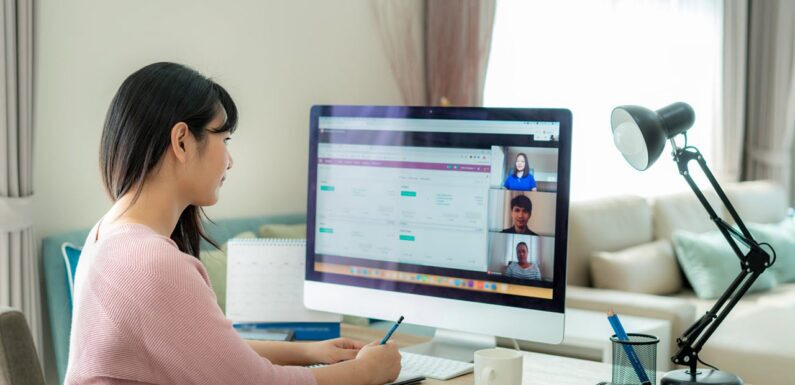
In today’s technological day, people devote a great deal of time to surfing the web. Everything can be done with only a few clicks of the mouse, from checking email to purchasing online. While the internet has many useful applications, it also poses risks such as hacking, identity theft, and spying. Here’s where a VPN, or virtual private network, really shines. Using a virtual private network may improve your internet safety and privacy. This piece will explain why and how a (VPN) may improve your online research experience.
Protection from Hackers and Cybercriminals
A Virtual Private Network (VPN) is a method of creating an encrypted and private connection to the Internet. A VPN makes it more difficult for other parties to monitor or intercept your online activity since all your data is encrypted and sent via a distant server. This is particularly crucial when connecting to public Wi-Fi networks since they are often unprotected and open to intrusion. A network VPN may bypass geographically-restricted websites and content by hiding your location and making it seem like you’re connecting from another country. However, you should choose a VPN service carefully to ensure your data is not logged or sold to other parties.
Shielding your Online Privacy
Using a VPN has several benefits, including safeguarding your privacy and security online and allowing access to information otherwise blocked in your country. Connecting to a server in another nation may unblock information normally unavailable in your area, such as websites, streaming services, and media files. People who go to countries with severe internet censorship rules or those who want to access material restricted to a certain country may find this especially helpful. However, certain sites and services may intentionally block VPN traffic, so choosing a VPN service that can evade such blocks is crucial.
Accessing Restricted Content and Websites
Websites, social media, and streaming services may be censored or unavailable in certain nations, and a VPN may be used to access these blocked sites and services. If you’re in Europe and want to watch a US-only show on a US-only streaming service, you can connect to a US-based VPN server and fool the site into thinking you’re in the US. However, not all prohibited information may be accessed even using a VPN since certain content providers are trying hard to thwart VPNs. In addition, you should never break the law by using a VPN to access content from another nation.
Protection of Public Wi-Fi Networks
Despite their prevalence, public Wi-Fi networks are a security concern since any user on the same network might intercept and steal your private data. When you use a VPN, your data is encrypted, making it more difficult for hackers to access it while you’re online. This becomes more crucial when accessing public Wi-Fi networks like those found in airports, cafés, and hotels, where cyberattacks are more prevalent. VPNs also shield users against “evil twin” attacks, in which hackers pose as legal Wi-Fi hotspots to steal sensitive data. Using a VPN protects you and your data from threats like these.
Bypassing Geographical Restrictions
There are a lot of websites and online services that limit your access depending on where you are physically located. By connecting to a server in a different location, which is made possible through a VPN, you may get around these limitations and access material and services that would otherwise be inaccessible in your area.
Secure Remote Access to Private Networks
VPNs allow users to connect securely to private networks even while working remotely, making them a crucial tool for enterprises that use remote employees. You may access corporate resources and data from anywhere in the globe using a VPN, and you will have the same degree of protection and privacy that you would have if you were working in the office.
Preventing Government Surveillance
There are governments in many parts of the globe that conduct surveillance on the internet activity of their people. You may prevent governmental organizations from monitoring your internet traffic and keep your online activities private by utilizing VPN. You may invest in yearly or monthly VPN subscription options to suit your needs and budgets, however, it is important to note that while free VPNs are available, they may have limited features, speed, and server locations, and may come with advertisements or data limits.
Conclusion
A VPN is a must-have when protecting your identity and data browsing the web. The prevalence of cyber-attacks and spying means that you must take precautions whenever you go online. By encrypting data travel and masking your IP address, VPNs give your internet connection an extra degree of security. In addition, it safeguards your data when using public Wi-Fi and enables safe, off-premises access to your private network. If you aren’t already, you should consider using a VPN to protect your data when surfing the web.

